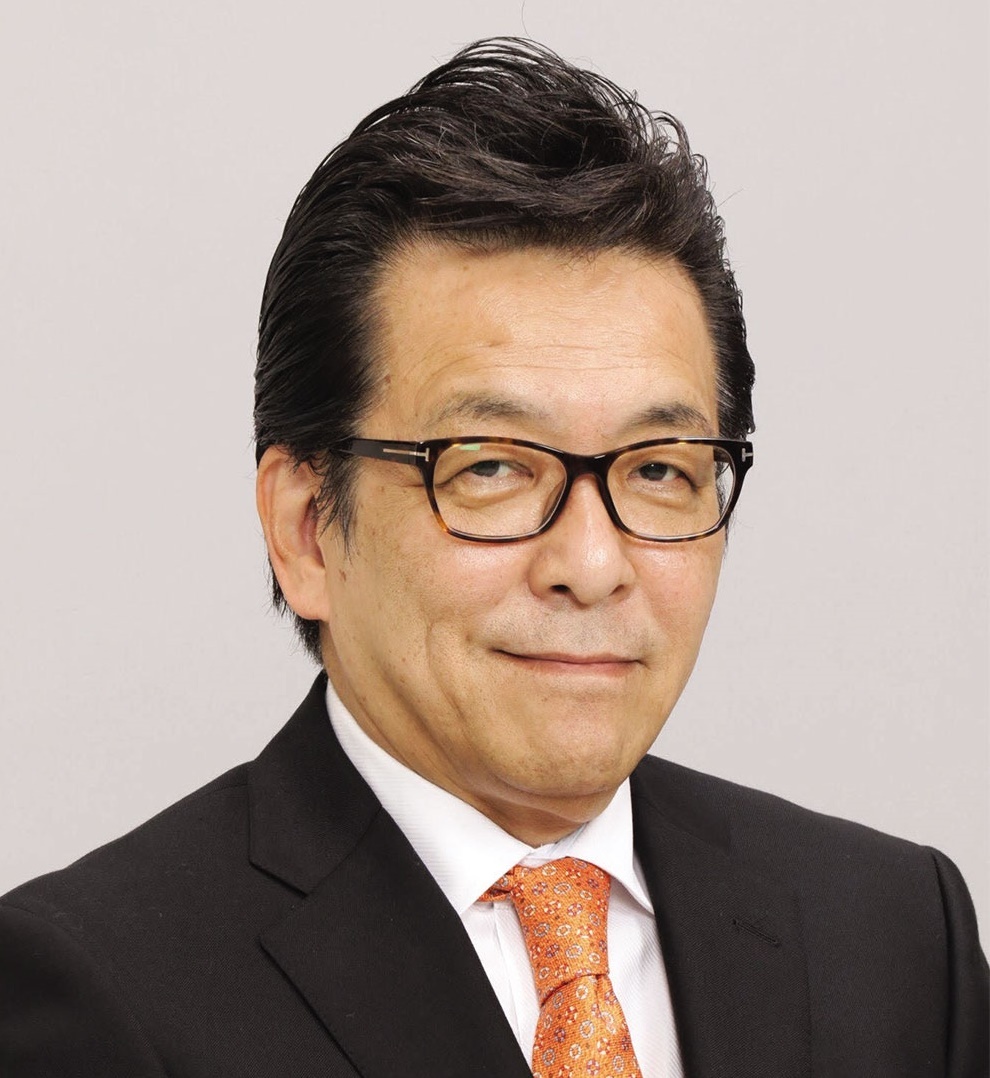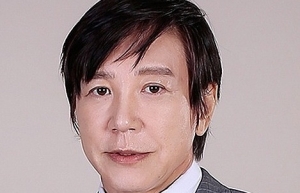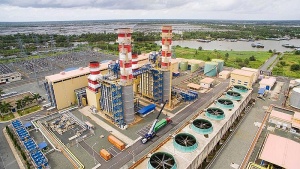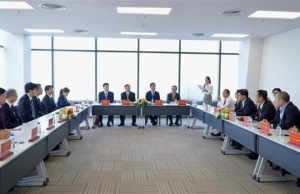Strategy tweaks boost Japanese M&A
Could you share an overview of Japanese merger and acquisition (M&A) activities in Vietnam so far this year?
 |
| Masataka “Sam” Yoshida, head of the Cross-border Division of RECOF Corporation and CEO of RECOF Vietnam Co., Ltd |
According to RECOF’s M&A database, the total number of transactions between Vietnam and Japan since 2020 was 60, which was the largest number among Southeast Asian countries except for Singapore. The number of transactions for 2022 until October was 15, compared with 18 in the same period last year.
It is true that recovery in 2022 in Vietnam has not been as impressive as expected, but, on the other hand, we saw more privately owned mid-sized Japanese companies, as well as venture funds, being active this year. This suggests that a broader range of Japanese investors are interested in securing a foothold in the Vietnamese market.
With the total amount of cash and deposits held by the Japanese corporate sector at a record level of $2.2 trillion, most Japanese companies have ample cash to invest in growth markets outside Japan, and their financial stability has not been affected so much by the recent fluctuations in the global financial market. This is a tendency of Japanese companies, but they have been focusing on researching and studying the impact that the pandemic has given to the sectors they are interested in.
Do you expect a slowdown or recovery in such activities in Vietnam heading into 2023?
Focusing on the aforementioned researching activities, most Japanese companies are starting to re-study the Vietnamese market after their physical return to Vietnam, but not all are ready to start investing just yet.
On the other hand, their strong interest in the Vietnamese economy remains, and more transactions are likely to appear and be completed especially after the Lunar New Year, as long as economic fundamentals and business environment in Vietnam maintain health. The slow re-starting of Japanese investment will likely and eventually become a big wave of investment afterwards.
Given the global economic uncertainty, how do Japanese dealmakers adjust their strategies?
This uncertainty is a new factor emerging this year, but the basic factors propelling Japanese investors have not changed. The need to diversify the supply chain and secure the locations for low-cost production have become even more important with the geopolitical tensions and inflationary pressure.
Rather than taking a wait-and-see approach, Japanese investors are required to catch up with the competitors from countries like South Korea, Singapore, Thailand, and even from the US or Europe.
Recent declines in the Japanese yen will certainly be negative for investors for the short term, but on the other hand, founding and expanding businesses outside Japan has become even more important. In the case of consumer goods and retail companies in Japan, capturing the buying power of young consumers outside their home country is the main issue for the business strategies.
Which sectors will see the most dealmaking by Japanese investors in Vietnam?
Building up and reinforcing supply chains is a crucial area for Japanese companies and they are active in investing in sectors such as logistics, food processing, and related properties such as factories, warehouses, and cold storage. With a strong belief that the Vietnamese economy will keep on track of its latest growth, consumer-related sectors will also keep attracting much attention, such as retail, financial services, residential property, and healthcare.
In some cases, Vietnamese companies which have been hit by the pandemic (including consumer goods and retail) have not fully recovered yet, so the need for capital is growing.
What are the top opportunities for M&A growth in Vietnam?
Despite the global political and economic instability, Vietnam’s relative position among countries seems to have improved, with its track record of steady economic growth recorded. The labour force remains young, skillful, and competitive, and the business environment for foreign investors has been steadily improving. Another area that is wooing attentions includes renewable energy, recycling, and other business that will contribute to sustainable growth of the economy.
Next year marks 50 years since the establishment of Vietnam-Japan diplomatic relations, and many events are being planned. We’re expecting that more Japanese companies look at the Vietnamese market with high potential, so we hope to celebrate in 2023 with more successful transactions which will liaise the two countries with the mutual friendship towards the next 50 years.
 | Quang Ninh becomes viable option for Japanese investors Vietnam’s northern province of Quang Ninh is emerging as an attractive investment destination for foreign investors. Nakajima Takeo, chief representative of the Hanoi Office of the Japan Trade Promotion Organisation and vice president of the Japanese Chamber of Commerce and Industry in Vietnam, talked to VIR’s Minh Anh about Japanese interest in the area and the future trends ahead. |
 | Japanese firms establish joint venture for LNG project in Vietnam Japanese companies Tokyo Gas and Marubeni have joined forces with Petrovietnam Power and local machine manufacturer Colavi to establish a joint venture for an LNG-to-power project in Vietnam. |
 | Vietnamese, Japanese localities seek to expand cooperation Chairman of the People’s Committee of the southern province of Binh Duong Vo Van Minh held a reception for a delegation from the Japanese prefecture of Yamaguchi, led by its governor Muraoka Tsugumasa, on November 14. |
What the stars mean:
★ Poor ★ ★ Promising ★★★ Good ★★★★ Very good ★★★★★ Exceptional
Related Contents
Latest News
More News
- New rules ease foreign access to Vietnam equities (February 05, 2026 | 17:29)
- Vietnam’s IFC creates bigger stage for M&As (February 01, 2026 | 08:16)
- Game startup Panthera raises $1.5 million in seed funding (January 29, 2026 | 15:13)
- Cool Japan Fund transfers shares of CLK Cold Storage (January 28, 2026 | 17:16)
- Nissha acquires majority stake in Vietnam medical device maker (January 26, 2026 | 15:40)
- BJC to spend $723 million acquiring MM Mega Market Vietnam (January 22, 2026 | 20:29)
- NamiTech raises $4 million in funding (January 20, 2026 | 16:33)
- Livzon subsidiary seeks control of Imexpharm (January 17, 2026 | 15:54)
- Consumer deals drive Vietnam’s M&A rebound in December (January 16, 2026 | 16:08)
- Southeast Asia tech funding rebounds on late-stage deals (January 08, 2026 | 10:35)

 Tag:
Tag:



















 Mobile Version
Mobile Version